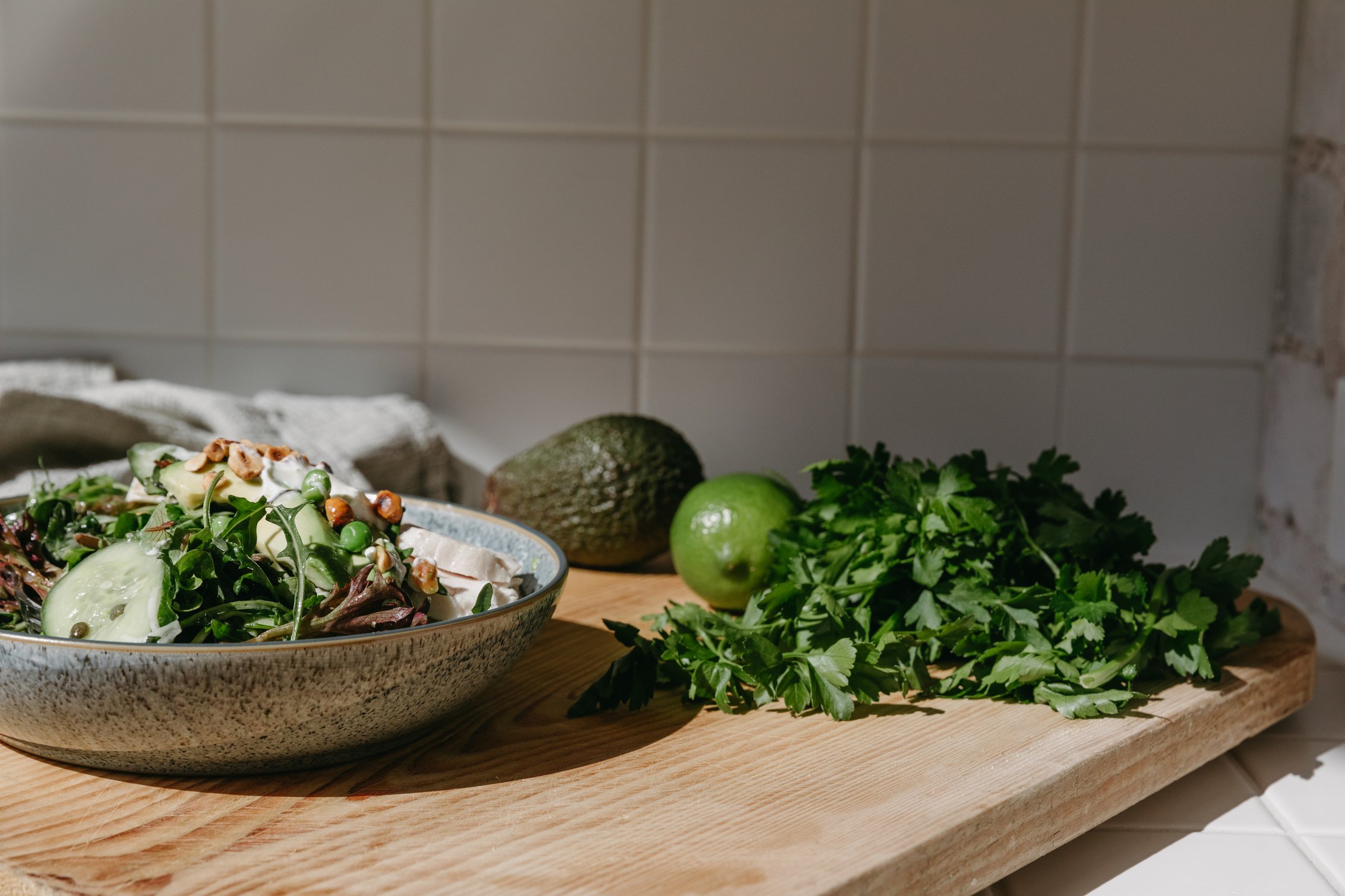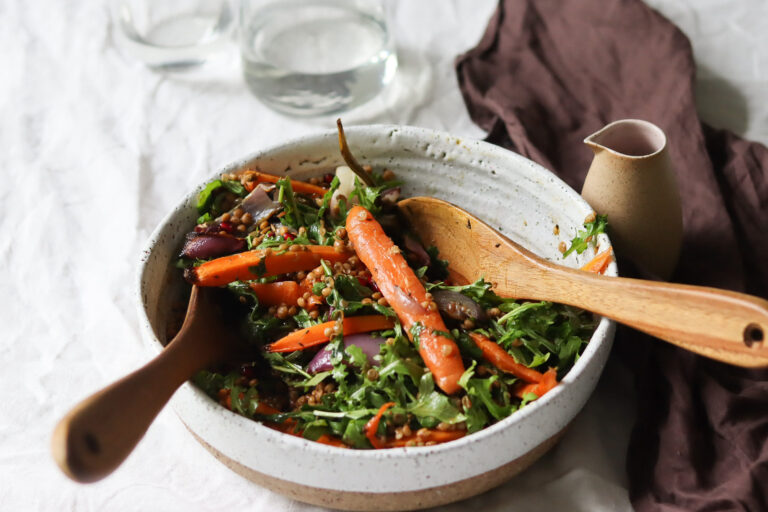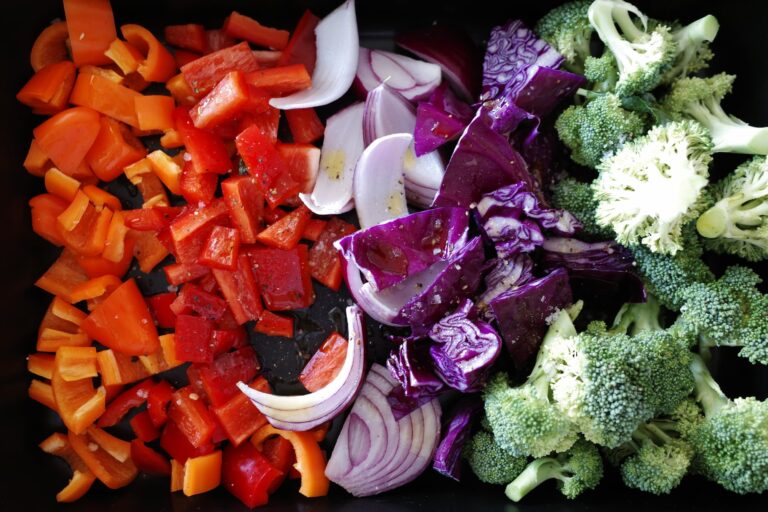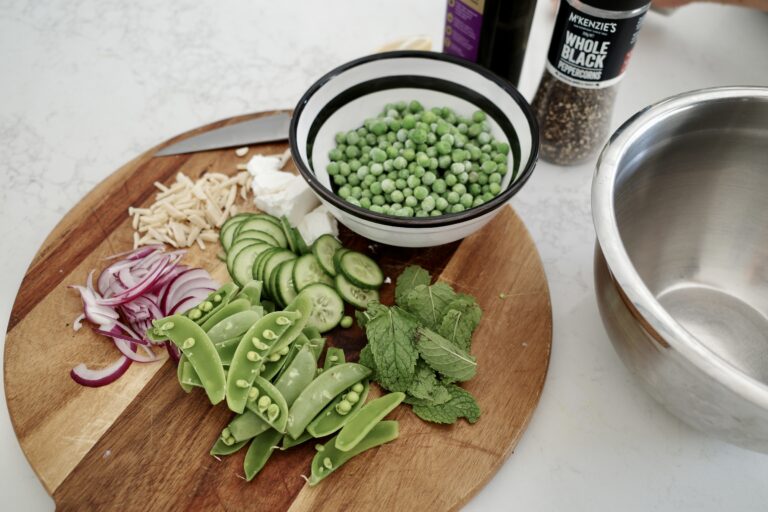By Jo Whitehead
Breastfeeding is a beautiful time between mother and baby – however, as mentioned earlier, can bring about both physical and mental stress on our bodies.
Did you know?
The nutrition demands of sustaining lactation are greater than those of pregnancy (1). The calories required to sustain a good supply in the first 6 months is equivalent to one extra meal per day (or two – three snacks).
Eating the right foods is crucial for producing quality milk!
Certain nutrients (vitamin D, omega 3 fatty acids, vitamin K, iodine and B12) are not adequately produced by the body therefore must be included in our diet. Often the baby’s nutritional needs are prioritised, neglecting those of the mother. It is important (for both the mother and baby) that you are incorporating all macronutrients during your breastfeeding journey.
- Complex carbohydrates should be the main source of energy. Eating a low carb diet can increase the chances of experiencing fatigue, dehydration and energy loss.
- Protein is crucial for sustaining the energy of the mother.
- Fat has been shown to be a critical component of breast milk, providing energy and important nutrients, which are key to the development of the central nervous system in the infant.
Here is a comprehensive list of nutrients and food sources required for yourself and baby throughout your breastfeeding stage.
- Folate: green leafy veg, yeast, organ meats, potato, fruit, asparagus.
- Omega-3 fatty acids: salmon, tuna, sardines, flaxseeds, chia seeds, walnuts, cod liver oil
- Iodine: kelp, seafood, organic dairy products
- Selenium: kelp, seaweed, brazil nuts, seafood, garlic, eggs and organ meats
- Vitamin E: seeds, almonds, hazelnuts and avocado
- Vitamin D: cod liver oil, salmon, sardines, tuna, oysters, egg yolks and mushrooms.
- Vitamin A: organ meats, fatty fish, cod liver oil, goat cheese, butter, eggs, sweet potato, pumpkin and kale
- Vitamin K: kale, spinach, fermented soy products, broccoli and cabbage.
- B Vitamins: salmon, leafy greens, organ meats, eggs, beef, oysters, legumes, chicken, Greek yoghurt and nutritional yeast.
- Zinc: red meat, seafood, yeast, pumpkin seeds, nits, whole grains, leafy green vegetables, legumes
- Iron: liver, beef, chicken, white beans, pumpkin seeds, lentils, spinach, quinoa
Ask yourself, are you incorporating each of these necessary nutrients into your diet?
Keep this list handy next time you are planning your meals for the week to ensure you are ticking off foods from each nutrient source! Nourish your body with the fuel, nutrients and energy it needs.
References:
Wilson, Patty R. et al. Promoting Nutrition in Breastfeeding Women. Journal of Obstetric, Gynecologic & Neonatal Nursing , Volume 34 , Issue 1 , 120 – 124.
Antonakou, A., Skenderi, K., Chiou, A., Anastasiou, C., Bakoula, C., & Matalas, A. (2012). Breast milk fat concentration and fatty acid pattern during the first six months in exclusively breastfeeding Greek women. European Journal Of Nutrition, 52(3), 963-973. doi: 10.1007/s00394-012-0403-8
Fallon, S., & Cowan, T. (2015). The nourishing traditions book of baby & child care( 2nd ed.). Washington: New Trends.
Hechtman, L. (2012). Clinical Naturopathic Medicine (1st ed.). Sydney: Elsevier.
About the author:
Jo Whitehead
Clinical Nutritionist
Passionate about teaching mothers nourishing wisdom and sharing an abundance of practical and realistic tips, taking out the stress and confusion when it comes to feeding your family.
IG: jokate_nutrition
W: www.jokatenutrition.com
E: hello@jokatenutrition.com




